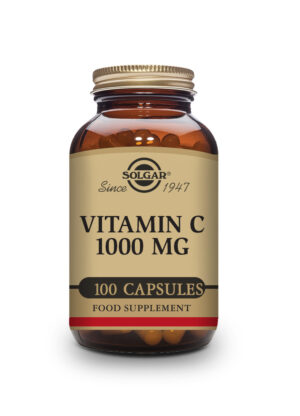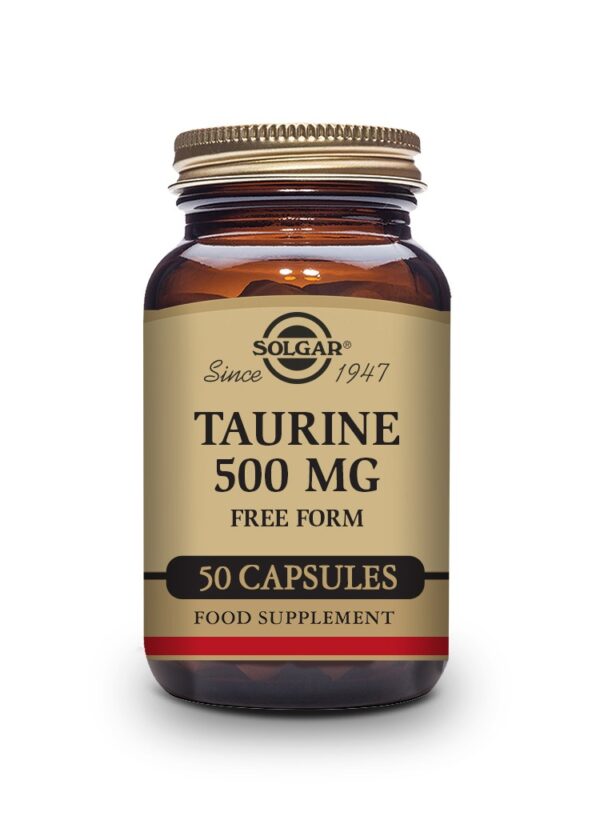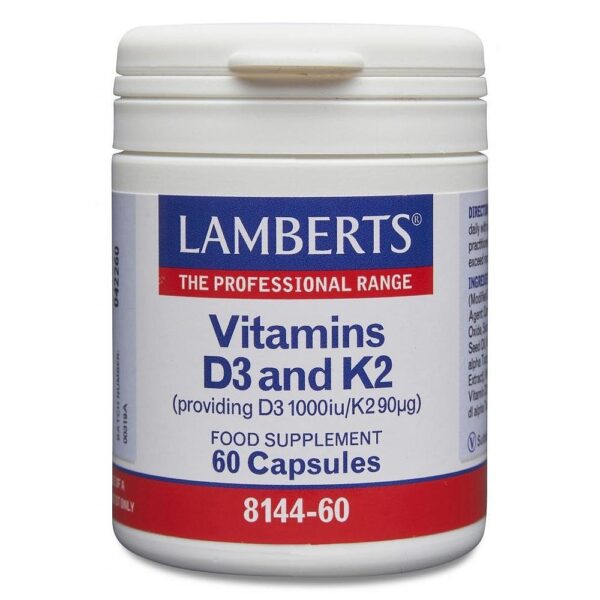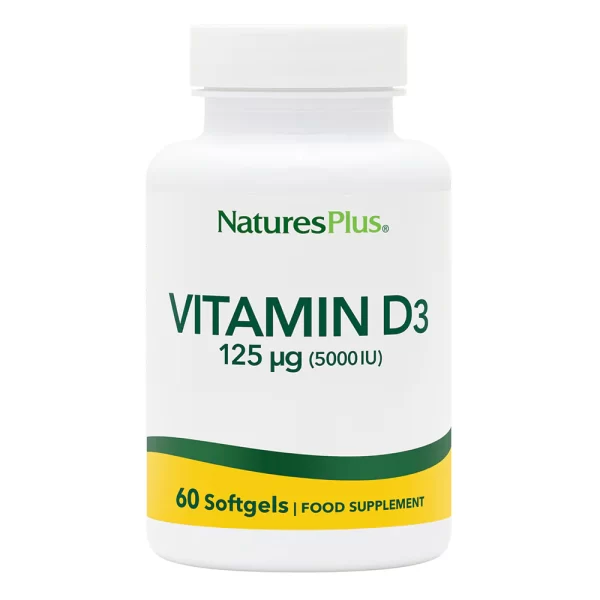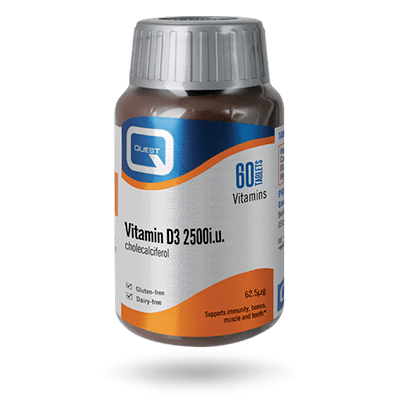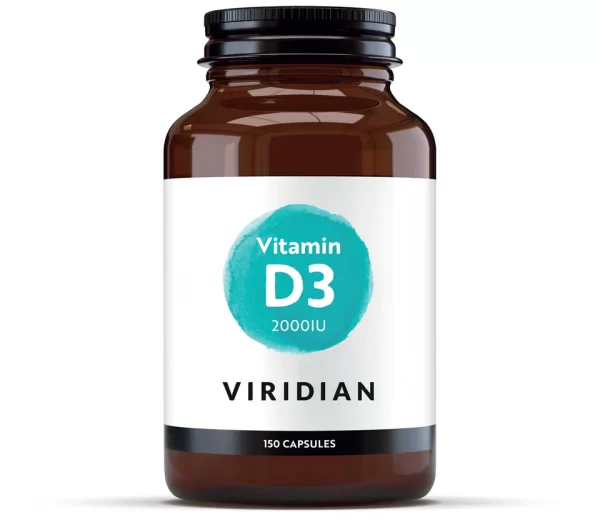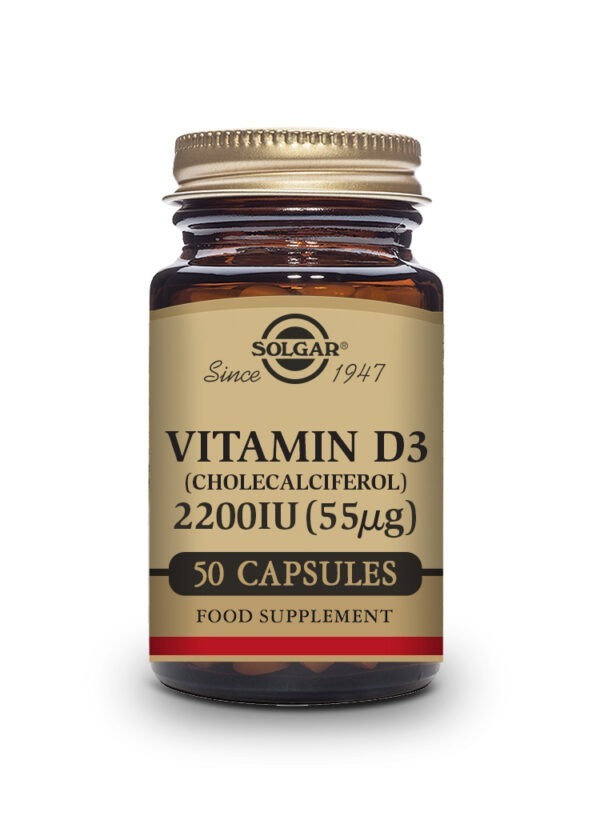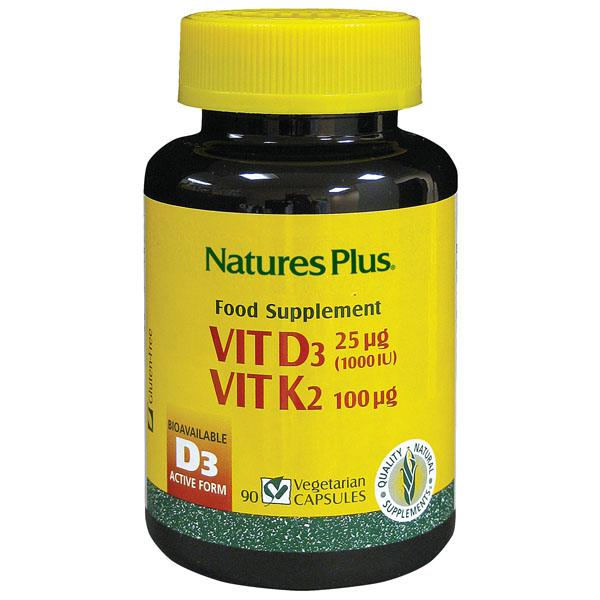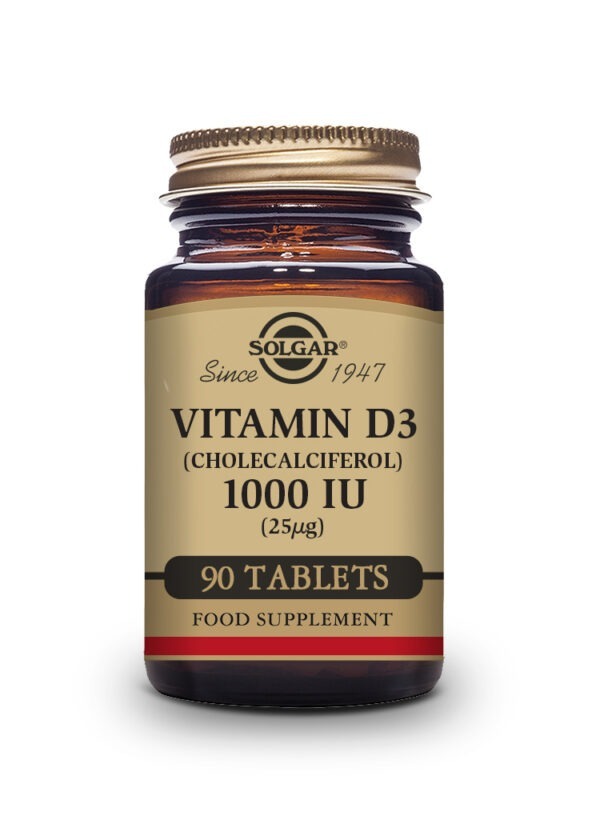Description
Vitamin A 5000 iu
Solgar Dry Vitamin A 5000 IU is a dietary supplement providing a relatively high dose of Vitamin A. It’s important to note that Vitamin A is a fat-soluble vitamin, meaning it’s stored in the body, and excessive intake can lead to toxicity.
Therefore, it’s crucial to use this supplement judiciously and under the guidance of a healthcare professional. “Dry” Vitamin A typically refers to a form where the Vitamin A is emulsified, making it more easily absorbable, particularly for those with fat malabsorption issues.
What is it?
-
Vitamin A Supplement: Provides a supplemental source of Vitamin A, a fat-soluble vitamin essential for various bodily functions.
-
5000 IU: The dosage is 5000 International Units (IU) per capsule or serving. This is a relatively high dose, exceeding the Recommended Dietary Allowance (RDA) for most adults.
-
Dry Form: Usually refers to a water-soluble or emulsified form of Vitamin A, making it easier to absorb than the oil-based forms, especially for individuals with difficulty absorbing fats.
-
Form: Most likely Retinyl Palmitate.
Uses and Health Benefits:
Vitamin A is crucial for numerous aspects of health:
-
Vision:
-
Night Vision: Vitamin A is essential for the formation of rhodopsin, a light-sensitive pigment in the retina that is critical for vision in low light conditions. Vitamin A deficiency can lead to night blindness.
-
Overall Eye Health: Supports the health of the cornea and other parts of the eye, reducing the risk of dry eyes and other eye problems.
-
-
Immune Function:
-
Immune Cell Development: Vitamin A supports the development and function of immune cells, including T cells and B cells.
-
Mucosal Immunity: Helps maintain the integrity of the mucous membranes in the respiratory, digestive, and urinary tracts, which act as a barrier against infection.
-
-
Skin Health:
-
Cell Growth and Differentiation: Vitamin A is involved in the growth and differentiation of skin cells, helping to maintain healthy skin and prevent dryness.
-
Acne Treatment: Retinoids, derived from Vitamin A, are commonly used topically and orally to treat acne by reducing inflammation, unclogging pores, and promoting cell turnover. Important Note: Oral retinoids for acne are typically prescription medications with significant side effects and require careful monitoring by a dermatologist. The Vitamin A in this supplement is not a replacement for prescription retinoids.
-
-
Cell Growth and Development:
-
Cell Differentiation: Vitamin A plays a role in cell differentiation, the process by which cells become specialized for specific functions in the body.
-
Embryonic Development: It is crucial for proper embryonic development, including the formation of organs and tissues. Important Note: Pregnant women should be very cautious about Vitamin A supplementation. High doses of Vitamin A during pregnancy can cause birth defects.
-
-
Bone Health:
-
Bone Remodeling: Vitamin A is involved in bone remodeling, the process of breaking down and rebuilding bone tissue. Both deficiency and excess of Vitamin A can negatively affect bone health.
-
-
Antioxidant Activity:
-
Protection Against Free Radicals: Vitamin A, particularly in the form of carotenoids, acts as an antioxidant, helping to protect cells from damage caused by free radicals.
-
Who Might Benefit (and Who Should Be Cautious):
-
Individuals with Vitamin A Deficiency: A deficiency can occur due to poor diet, malabsorption issues (like Crohn’s disease, cystic fibrosis), or certain medical conditions. Deficiencies are relatively rare in developed countries with fortified foods. A blood test is the only way to definitively diagnose a deficiency.
-
Individuals with Certain Eye Conditions: Under the guidance of an eye doctor, may be beneficial for certain eye conditions.
-
Individuals with Certain Skin Conditions: As noted above, while related to acne treatments, this supplement is not a substitute for prescribed medications.
Who Should Be Extremely Cautious or Avoid:
-
Pregnant Women: High doses of Vitamin A during pregnancy can cause birth defects. Pregnant women should not take high-dose Vitamin A supplements without consulting their doctor.
-
Individuals with Liver Disease: The liver stores Vitamin A. Excess Vitamin A can further damage the liver.
-
Individuals Taking Certain Medications: Vitamin A can interact with certain medications, such as retinoids, anticoagulants, and cholesterol-lowering drugs.
-
Children: Children are more susceptible to Vitamin A toxicity. Supplementation should only occur under strict medical supervision.
Important Considerations:
-
Toxicity: Vitamin A is a fat-soluble vitamin, meaning it’s stored in the body, and excessive intake can lead to toxicity (hypervitaminosis A). Symptoms of Vitamin A toxicity include nausea, vomiting, headache, dizziness, fatigue, skin changes, hair loss, bone pain, and liver damage.
-
Upper Tolerable Limit: The Upper Tolerable Intake Level (UL) for Vitamin A is 3,000 mcg RAE (10,000 IU) per day for adults. This supplement provides 5000 IU, which is close to half the UL. Chronic intake at or above the UL can lead to toxicity.
-
Food Sources: Excellent sources of Vitamin A include liver, fish oils, dairy products, eggs, and orange and yellow vegetables and fruits like carrots, sweet potatoes, and mangoes (these contain beta-carotene, which the body converts to Vitamin A). A balanced diet may provide sufficient Vitamin A for most people.
-
Consult a Healthcare Professional: Crucially, before taking this or any Vitamin A supplement, especially given the relatively high dose, consult with your doctor or a registered dietitian. They can assess your individual needs, check for potential interactions with medications, and monitor for signs of toxicity. A blood test to check Vitamin A levels is advisable before starting supplementation.
-
Form of Vitamin A: Check the product label. Retinyl Palmitate is a common and relatively safe form of Vitamin A used in supplements.
In summary: Solgar Dry Vitamin A 5000 IU provides a high dose of Vitamin A, which is essential for vision, immune function, skin health, and cell growth. However, due to the risk of toxicity, this supplement should be used with caution and only under the guidance of a healthcare professional. It’s especially important for pregnant women, individuals with liver disease, and those taking certain medications to avoid this supplement or use it only under strict medical supervision. Prioritize obtaining Vitamin A from a balanced diet whenever possible.

